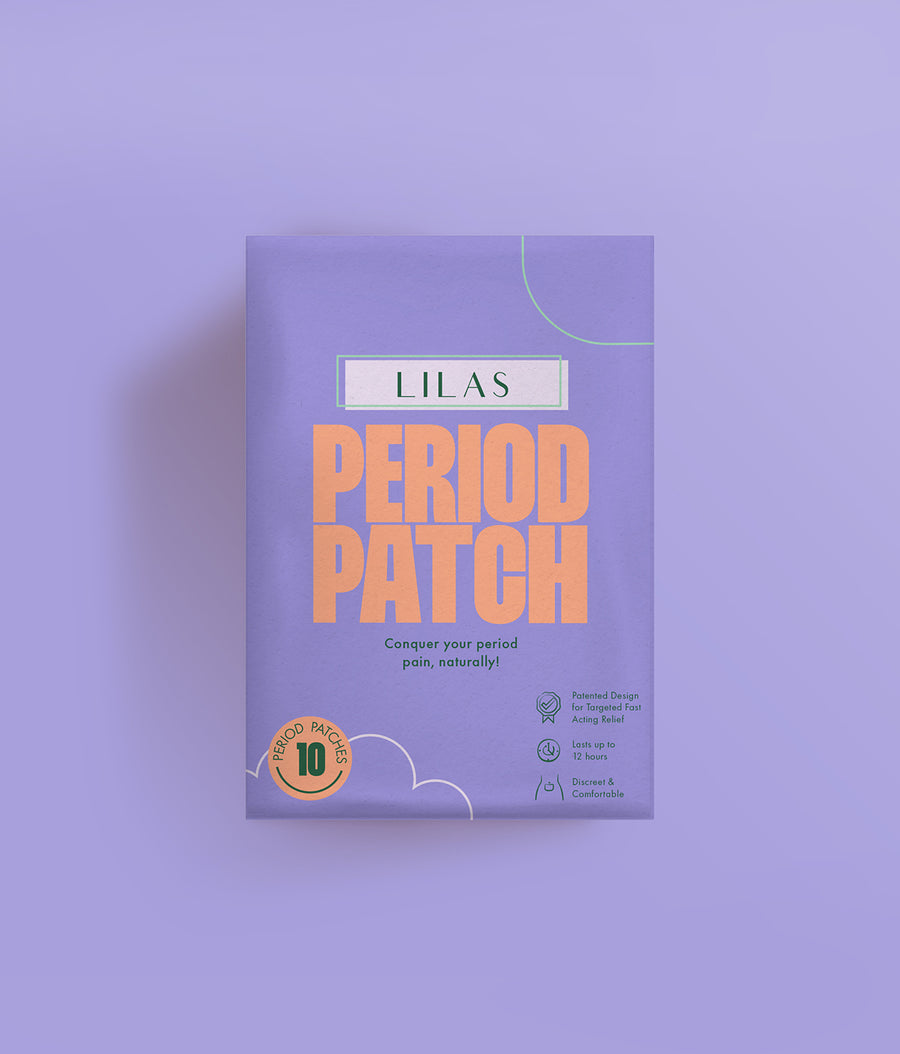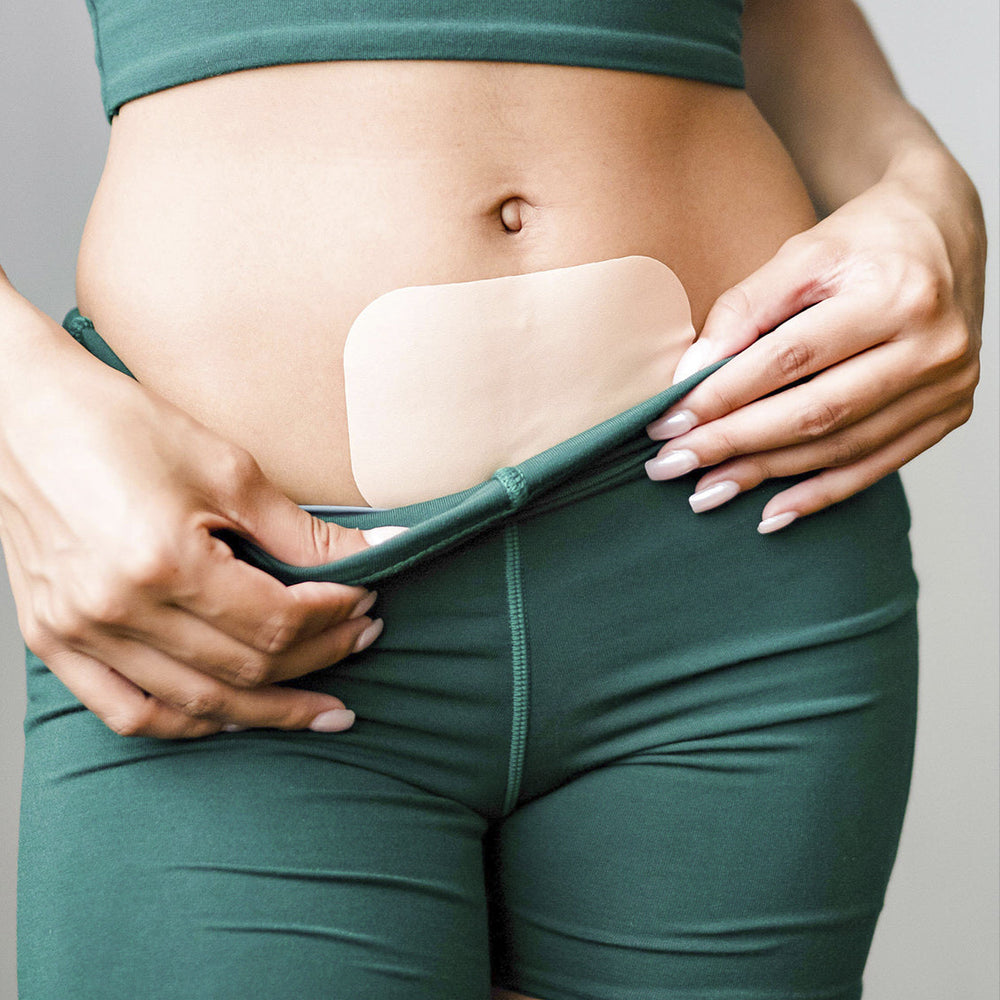Menstrual Hygiene Day: Why We Fight for Global Period Equity
Each year, non-profits, government agencies, the media, and individuals across the globe observe Menstrual Hygiene Day on May 28th. Menstrual Hygiene Day is an opportunity to galvanize global advocacy toward equal access to period management products and toward the destigmatization of menstruation itself. You would think that by now, in 2021, menstruation wouldn't be marred by stigma in society, especially since it plays such a significant role in all of our lives. In case you need more convincing, here are some metrics on the profound impact of menstruation:
- According to data gathered by UNICEF, 1.8 billion people across the globe are menstruating every month.
- The average woman will menstruate once a month for roughly 35 to 40 years of her life. Given the average period duration, that means that a woman menstruates for roughly 3000 days, which is about 8.2 years!
- At any given time, 800 million women and youth worldwide are menstruating.
Despite menstruation being such a fundamental reality that is profoundly linked to human life, cultural stigma and resource disparities inhibit menstruators’ ability to care for their periods effectively amidst day to day life. Here are some of the ways menstruation stigmatization and deprioritization impact women around the globe:
- At least 500 million women and girls lacked the facilities needed for adequate menstrual hygiene management, whether lacking access to clean water or lacking feminine care products specific to menstrual management.
- About 50% of the women in the United States have experienced period shaming, mostly and unsurprisingly due to comments made by men. These discouraging remarks further suppress much-needed conversation pertaining to period equity. It becomes difficult to talk about the need for menstrual product access when the very consideration of menstruation is deemed taboo.
- In some cultures, women who are menstruating are considered impure or dirty.
- Due to the lack of supplies and resources needed to manage their periods, a lot of women and girls are forced to miss school during their periods, which hinders their education.
Menstrual Hygiene Day reminds us to be intentional about talking about periods and addressing disparities that exist surrounding menstruation. We at LILAS want to actively facilitate and participate in these discussions, encouraging our community to do the same. Let’s all contribute to the sustainable solutions of menstrual hygiene access to the benefit of women everywhere.
Here are some resources with more information about the observance of Menstrual Hygiene Day around the world:


Leave a comment